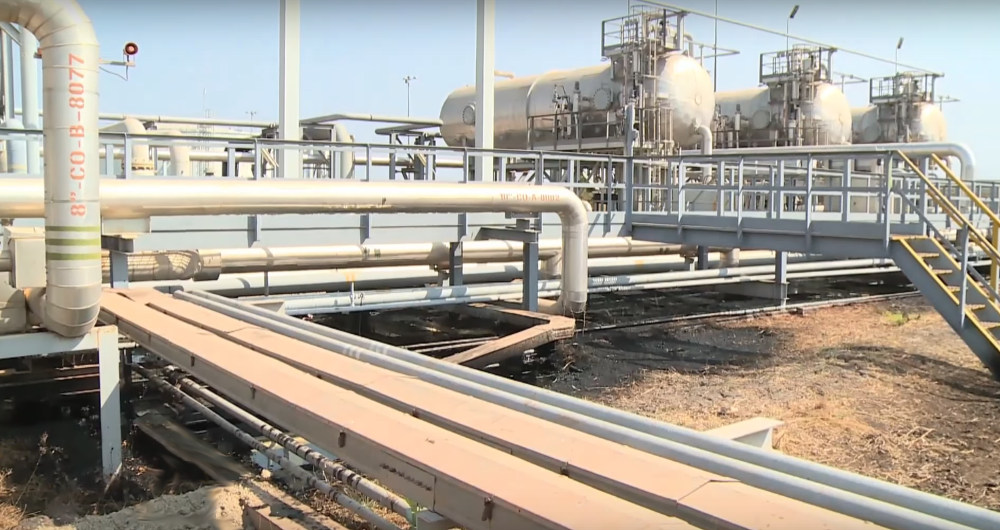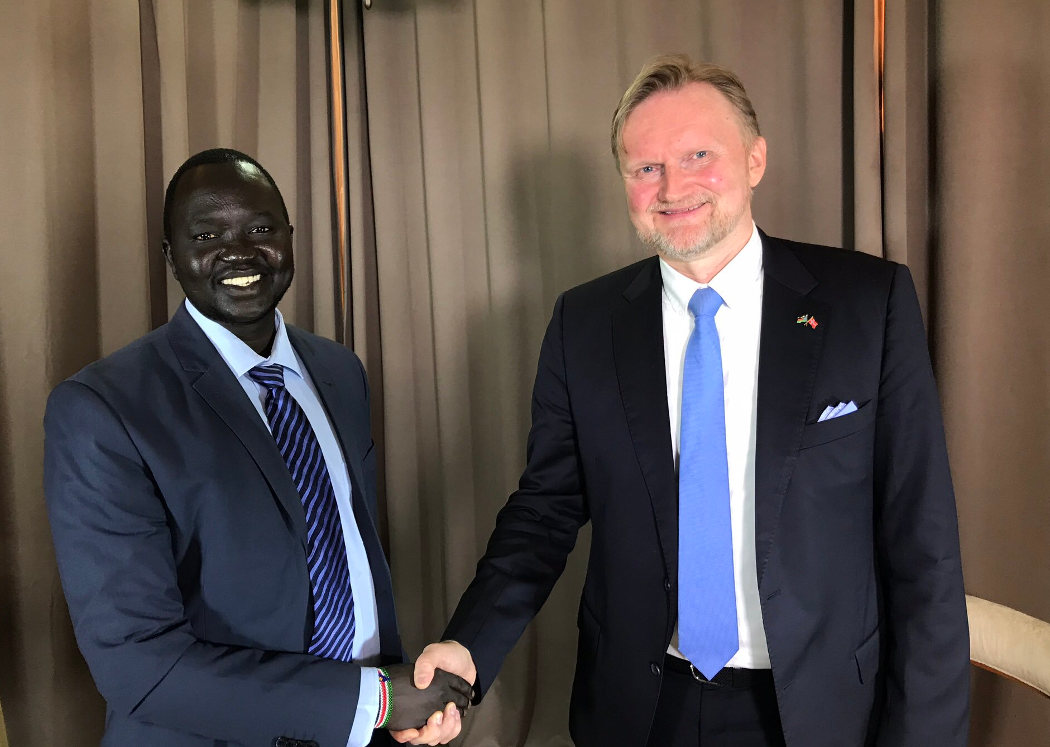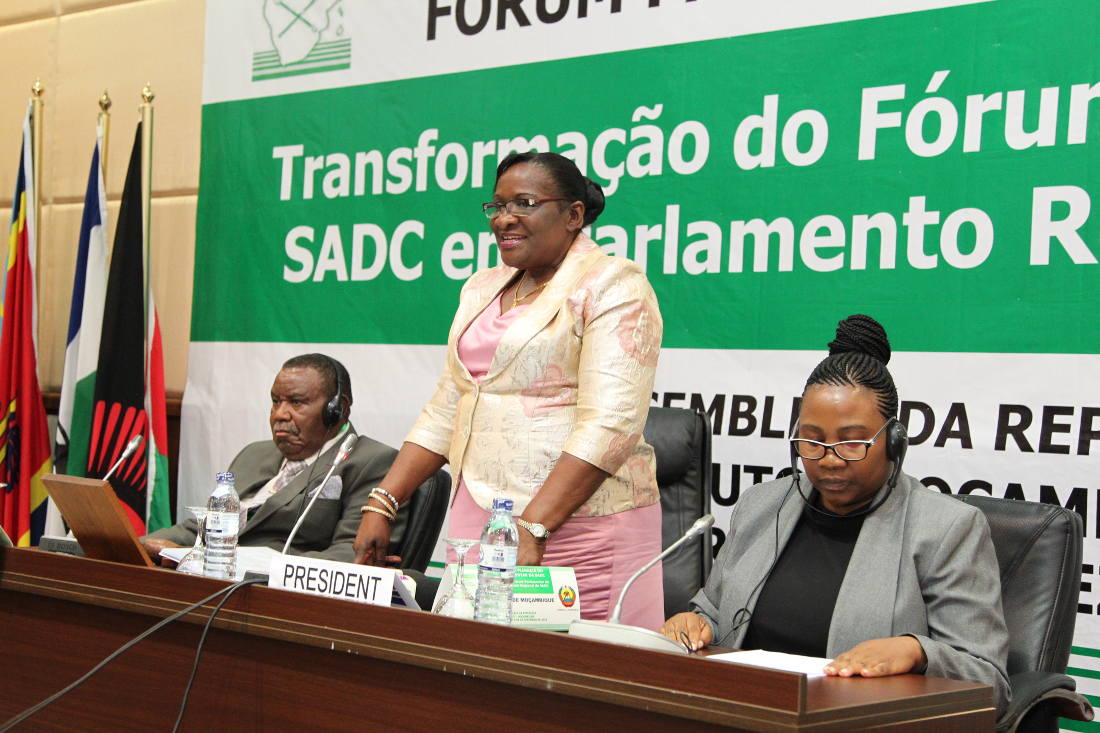JUBA, South Sudan (ViaNews) – Officials are now joining residents in protesting the environmental crisis in South Sudan. The newest cause for concern is the cancer-causing radioactive waste.
Plug County is located in the Melut Basin, home to South Sudan’s most productive – and hence polluting – oil fields. In view of this proximity, it is no wonder that Plug has become a focal point of the South Sudanese rising against the oil companies responsible for the poisoning of their lands and thus their lives.
Babies born with birth defects and life-threatening infections, children afflicted with devastating skin diseases, the widespread death of livestock – the list of complaints repeatedly voiced by the people of Plug is long. Recipient of their pleas has been the government of South Sudan, which has completely failed to act upon them – or even respond to them.
The causes of these afflictions are oil wastes and containers containing toxic chemicals. Both stem from oil companies, states Lual Baige, formerly the minister of information for Northern Upper Nile state.
Such containers were transported in late 2017 to the region by the Petrodar oil consortium, which then abandoned them to the elements. The result: leakages of what residents believe to be toxic materials.
The residents have been joined in their protests by regional officials, who brought the matter to the attention of South Sudan’s Legislative Assembly. At a hearing held in it, the officials called upon the Ministry of Petroleum to launch an investigation. To no avail – even though the country’s parliament confirmed the existence of a crisis.
This confirmation was based upon an assessment of the health of the population and state of the environment allegedly conducted by South Sudan’s National Health Laboratory, which is stated to have produced a report on it.
This report, however, was never released.
As Chol Ayeek Dau, the former Commissioner of Melut County states, oil wastes are largely responsible for the health crisis in the region.
As he reports, the residents rely on their wells for water, and this is poisoned with heavy metals, salts and other noxious chemicals stemming from oil wastes. Also containing radioactive materials, the water is drunk by the people, their livestock, and spread on fields. Much of the livestock that doesn’t immediately die is subsequently killed by ingesting fodder that took up these contaminants.
Deng Akui Kak is the governor of Northern Upper Nile state. He states that the chemicals seeping from the containers have most dramatically affected the health of the children and the elderly living in the villages of Plug, Molita, Jumori, and Adar. All of these are located near the Falluj oil field.
After failing to get parliamentary redress – or any form of response by the government, the local population is now threatening to blockade the oil fields. These would shut them down. The population’s demand: the conducting of further, more extensive tests, and the release of the final report on the chemical containers scandal.
Read: Briefing on Big Oil’s Contamination of South Sudan
Speaking anonymously (to protect their lives), medical officials working in the Falluj area paint a horrific picture.
Each month, the officials state, brings two to three births of deformed children. Most of them die immediately. Surviving children have to live with skin diseases. Rather than addressing this matter – by providing health care – the government of South Sudan has taken a simpler, effective approach: forbidding medical personnel’s mentioning of this crisis.
In store for South Sudan: generations of cancer and congenital malformations
And worse, far worse is in store for South Sudan, states Dr. Jalvan Samson Oyay, professor of physics at the University of Upper Nile.
As Professor Oyay puts out, it takes five to ten years for substances used in the production of oil to make their malevolent presence felt in the local population’s health. “We are in the phase of pre-emergence of widespread cancer and congenital malformations,” he states.
The radioactivity responsible for these malignancies is produced by the uranium, potassium, and thorium found in the Melut Basin. These materials are leached from the subsoils by the chemicals and water used to ease and expedite the oil pumping process. The resultant toxic, radioactive sludge is then left by oil companies to seep into the ambient environment, states Dr. Galvan, whose dissertation was on this process.
Read: South Sudan Oil Contamination: “Among the Highest in the World,” Study Finds
Officials at South Sudan’s Ministry of Petroleum and workers on the oil rigs in the Plug region also report suffering from skin and eye-diseases, and have also lodged complaints with the government and Petrodar. Officials at the latter confirmed the receipt of these complaints but refused to address any other environmental matters.
Main shareholders of the PetroDar consortium are China National Petroleum Corporation (41%) and Malaysia’s Petronas (40%).




